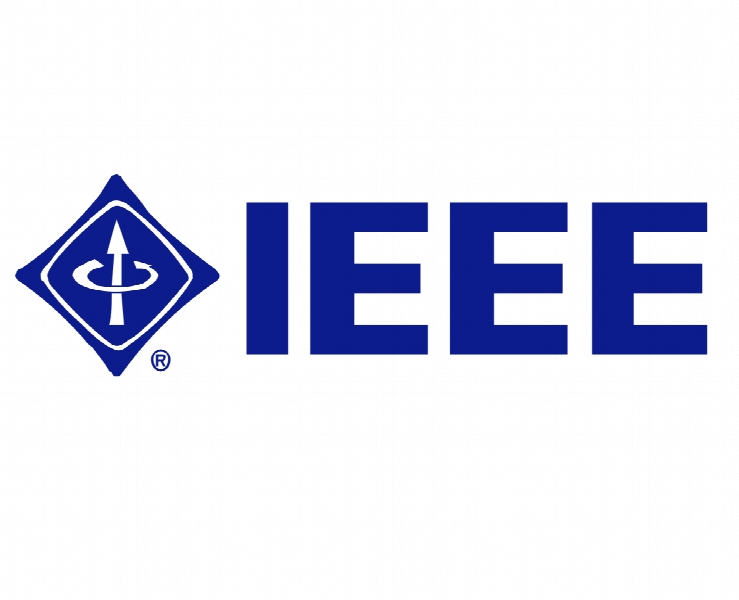بررسی سیستم تشخیص نفوذ نسبت به یک منبع IoT پایان به پایان Survey of Intrusion Detection Systems towards an End to End Secure Internet of Things
- نوع فایل : کتاب
- زبان : انگلیسی
- ناشر : IEEE
- چاپ و سال / کشور: 2018
توضیحات
رشته های مرتبط مهندسی فناوری اطلاعات، مهندسی کامپیوتر
گرایش های مرتبط اینترنت و شبکه های گسترده، امنیت اطلاعات
مجله چهارمین کنفرانس بین المللی آینده اینترنت اشیا و ابر – 4th International Conference on Future Internet of Things and Cloud
دانشگاه College of Innovation and Technology – Florida Polytechnic University Lakeland – USA
منتشر شده در نشریه IEEE
کلمات کلیدی انگلیسی Internet of Things, IoT, Cloud, Wireless Sensor Networks, WSN, Intrusion Detection System, IDS, Radio Frequency Identification, RFID, Cell Phone
گرایش های مرتبط اینترنت و شبکه های گسترده، امنیت اطلاعات
مجله چهارمین کنفرانس بین المللی آینده اینترنت اشیا و ابر – 4th International Conference on Future Internet of Things and Cloud
دانشگاه College of Innovation and Technology – Florida Polytechnic University Lakeland – USA
منتشر شده در نشریه IEEE
کلمات کلیدی انگلیسی Internet of Things, IoT, Cloud, Wireless Sensor Networks, WSN, Intrusion Detection System, IDS, Radio Frequency Identification, RFID, Cell Phone
Description
I. INTRODUCTION While the computing epochs defined by the mainframe, Personal Computer, and now the ubiquitous age have been delineated, there is disagreement over the novelty, and thus, legitimacy of the definition of the Internet of Things (IoT) as a new era in computing history. To address this issue of what it deemed a “fuzzy” definition the IEEE IoT Standards Association has developed an eighty-six-page document titled “Towards a Definition of the IoTs” [1]. A part of this skepticism may be because as shown by the document’s focus on organized markets and stakeholders, in the delineation of the IoT less emphasis has been placed on the world-wide automation of machine-to-machine (M2M) or machine-two-user (M2U) connections which are occurring by ordinary people to make their everyday tasks easier. Furthermore, non-utilitarian objects like art are not considered. Instead, attention is on the increased commercial automation occurring in more sophisticated applications; such as, heart monitoring implants, bio-chipped humans and animals, futuristic firefighter sensing suits, and automobiles with built-in sensors. Previously thought to be stagnant because of the dependency upon the creation of applications like these that adhere to a set of complex standards, e.g. efficient, self-reliant, management and monitoring capability, robust, scalable, adaptable, reliable, and trustworthy [2], the growth of the IoT has surged with the emergence of low-cost microcontrollers[3][9]. In this new era in computing history, Internet edge nodes are no longer limited to consumer and industrial uses for profit driven offerings, but are also being used for unique, individualistic, undocumented first-time creations [3][9].


